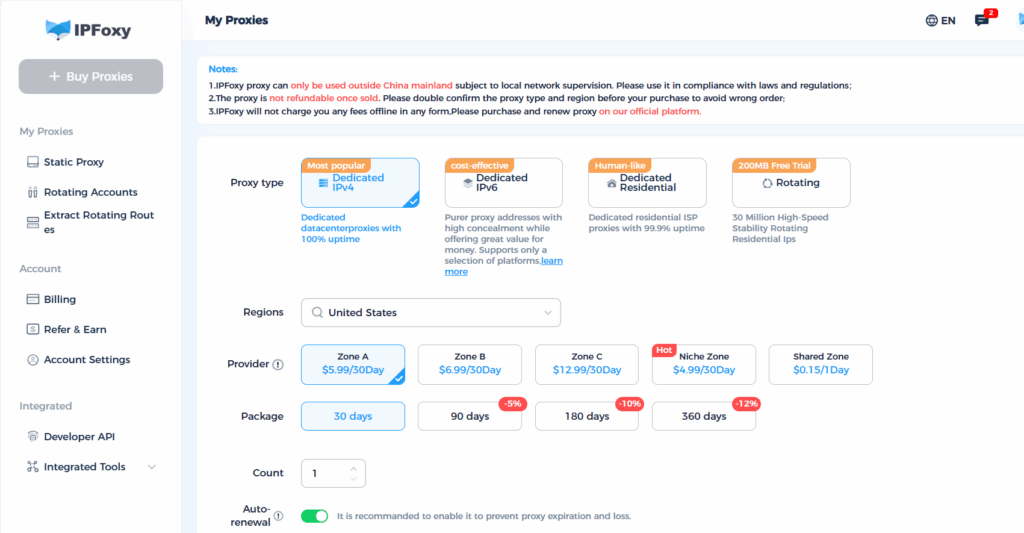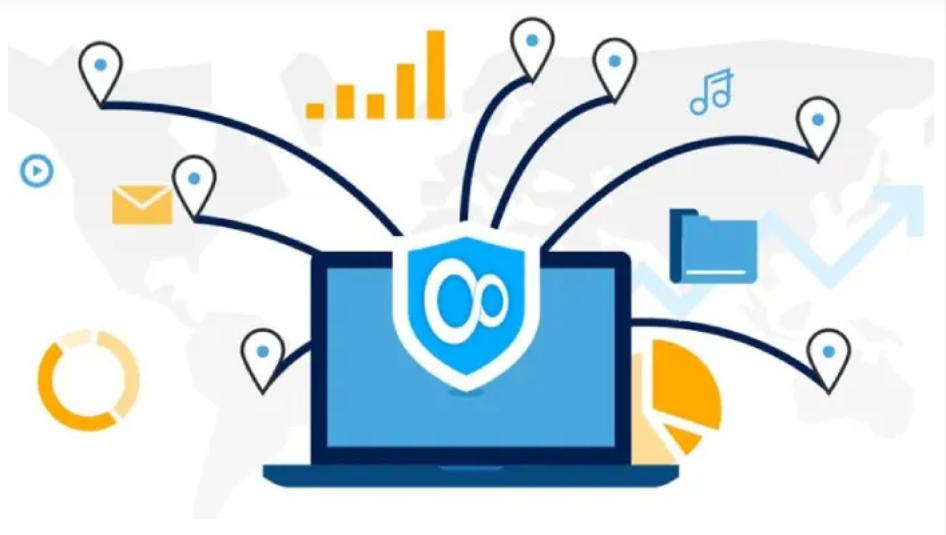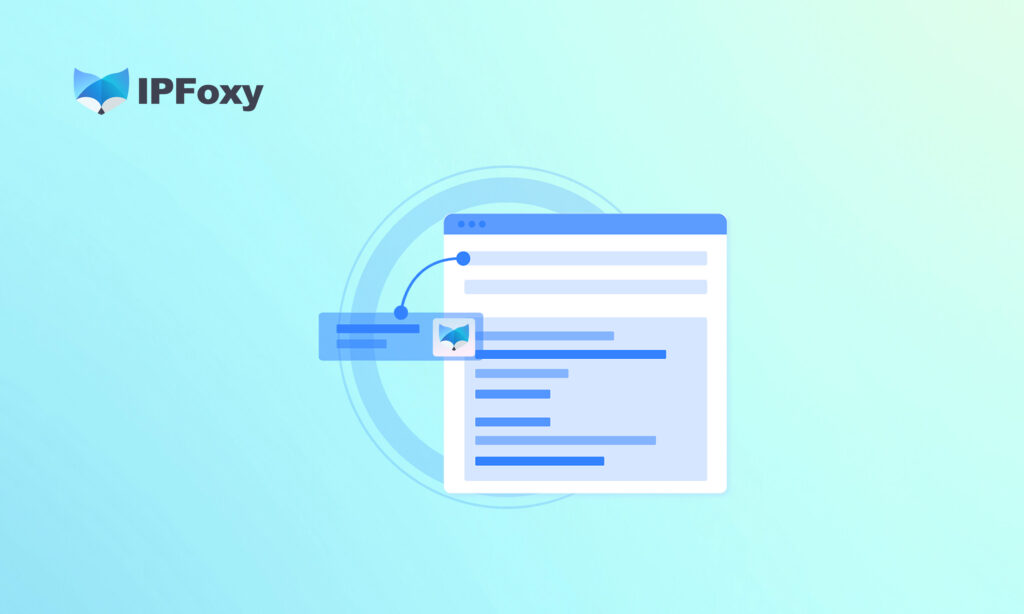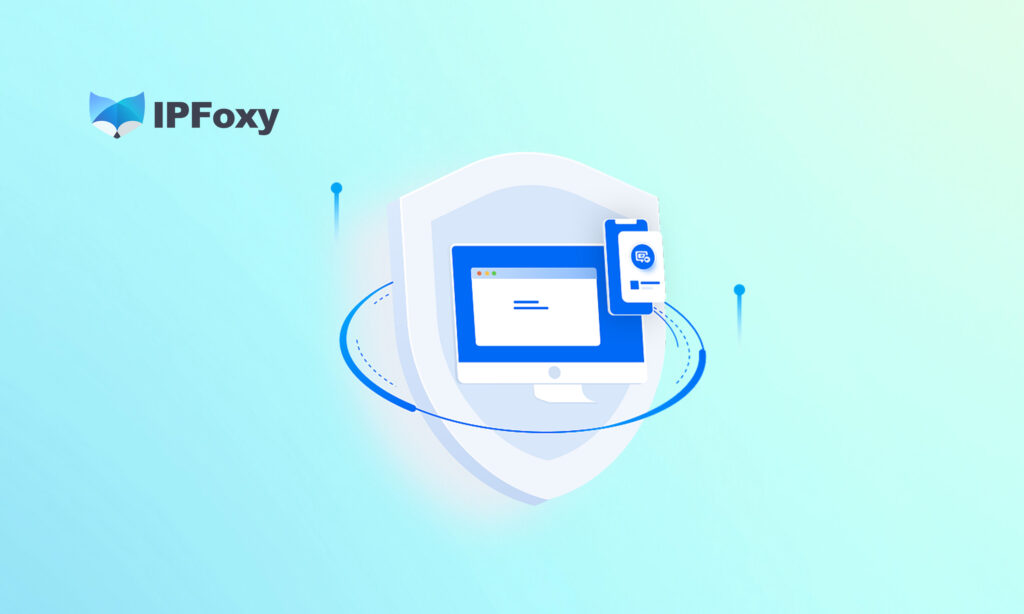Since the birth of the internet, privacy and security have always been major concerns in online browsing. A proxy server helps individuals or businesses mask their real IP address. When you connect to a proxy server, your original IP is hidden and replaced with the server’s IP, allowing you to protect your identity, browse anonymously, and safeguard sensitive information.
Free proxy can be a cost-effective option, especially for personal users or small-scale needs. However, as the saying goes, there’s no such thing as a free lunch. Free proxies often come with risks. Below, we’ve gathered some common ways to get free proxies, along with their advantages and drawbacks, so you can make an informed choice.
I. Where to Get Free Proxy
1. Free Proxy Websites
These websites publish proxy IP lists for public use. Some are maintained by volunteers or organizations, so they usually have low operating costs. However, this also means technical support and updates aren’t guaranteed, and their security is questionable.
2. Public Proxy Pools
Some open-source projects or online communities maintain public proxy pools. These may be updated regularly and offer a certain level of quality assurance. Still, such resources are hard to find, and because they’re shared by many users, the IPs are often overused, lowering purity and reliability.
3. Testing Tools or Browser Plugins
Certain network testing tools or browser extensions may provide free proxy functionality. They allow users to fetch and apply proxy when needed. However, their features are limited compared to professional services, and unverified tools can carry security risks.
4. Well-Known Proxy Providers
Reputable proxy providers often offer free trial proxies. These are generally more reliable and come with customer support. For example, IPFoxy provides free testing for static datacenter and dynamic residential proxies. Users can unlock all features and region options without cost, with each IP dedicated to a single user for better purity and security.

II. Are Free Proxies Really Usable?
Free proxy IPs can work in certain cases, but compared with paid options, they have several risks and limitations. Key concerns include:
1. Security Risks
- Free proxies may log user data and sell it to third parties, creating privacy concerns.
- They can leak your real IP, making you vulnerable to tracking.
- Some servers are targets for hackers or get misused, potentially exposing you to legal risks.
2. Stability & Reliability
- Connections are often unstable, with frequent disconnections disrupting work or browsing.
- Many free IPs are already flagged or blocked by websites due to overuse.
- Servers can shut down without notice, causing unpredictable downtime.
3. Speed & Bandwidth Limits
Because resources are shared, free proxies usually offer slow response times and limited bandwidth. They’re not suitable for high-volume or performance-heavy applications.
4. Lack of Support & Customization
Free proxy providers rarely offer customer service. Any issues must be resolved on your own.
5. Legal & Compliance Considerations
Using proxies is legal in most regions, but they must not be used for illegal activities. Always ensure compliance when applying proxy services.

III. Conclusion
Free proxy may work fine for casual or personal browsing. However, for business-critical use cases such as data scraping, SEO monitoring, ad verification, or other activities that require stable, high-quality connections, paid proxies are the safer choice.
If security, reliability, and performance matter to you, it’s strongly recommended to invest in a professional paid proxy service.


